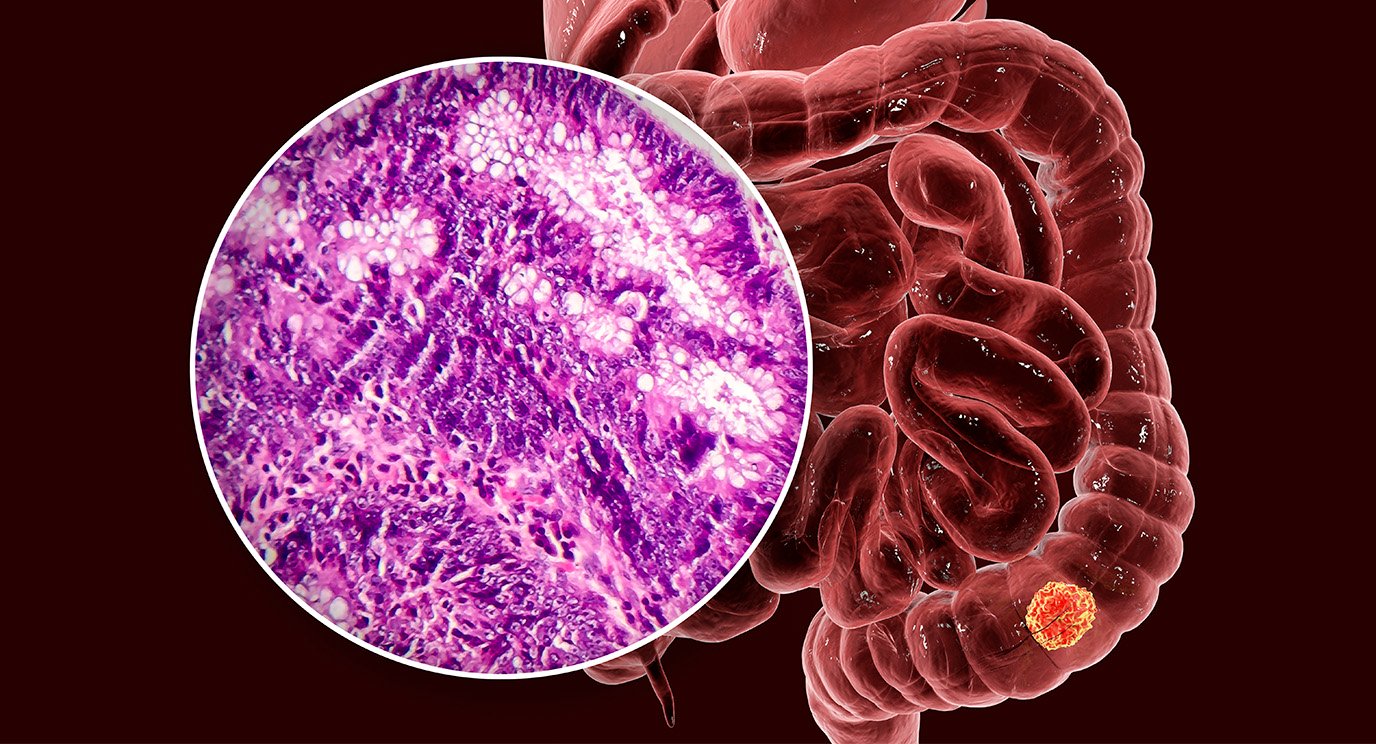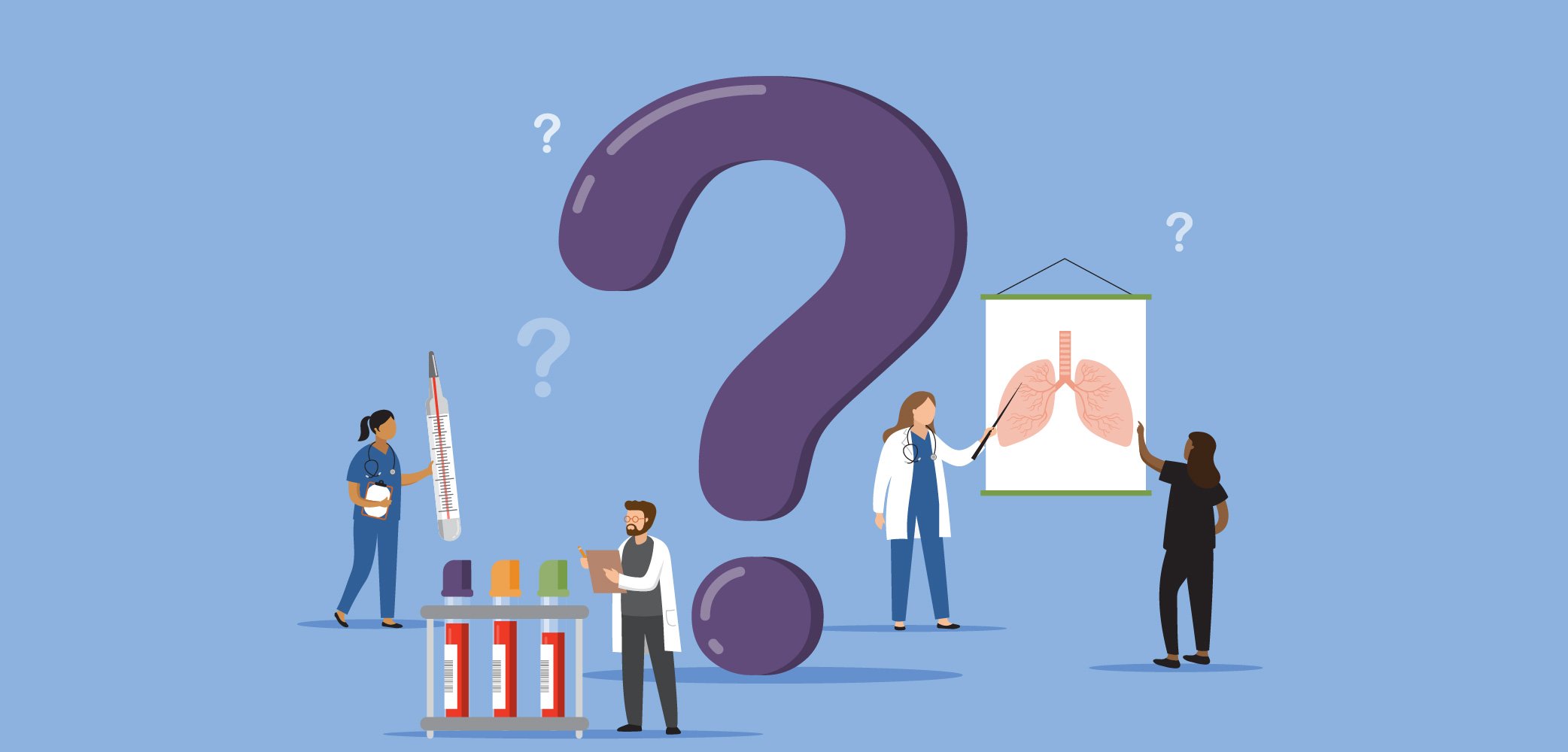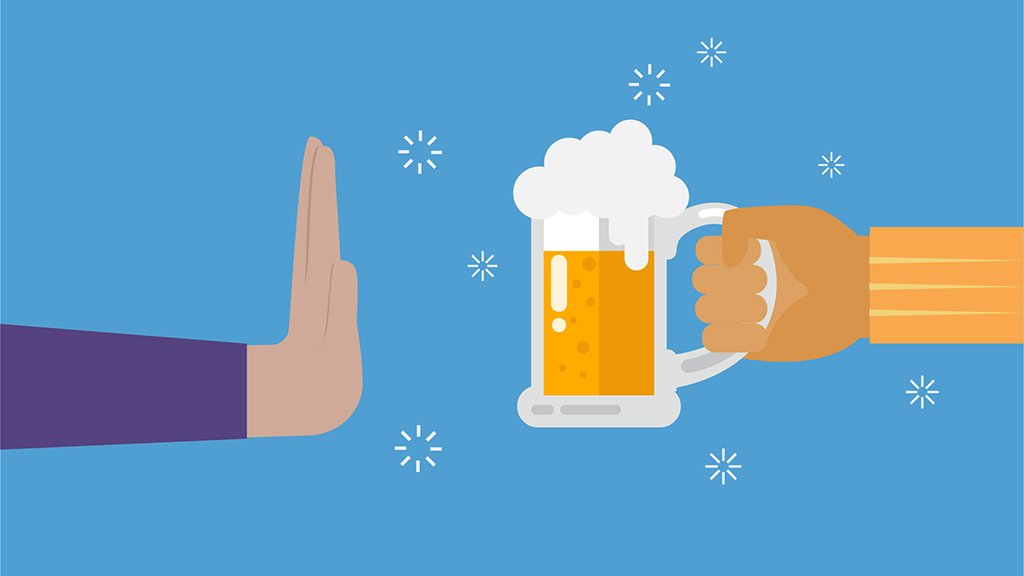- Diseases
- Acoustic Neuroma (14)
- Adrenal Gland Tumor (24)
- Anal Cancer (68)
- Anemia (2)
- Appendix Cancer (16)
- Bile Duct Cancer (26)
- Bladder Cancer (72)
- Brain Metastases (28)
- Brain Tumor (232)
- Breast Cancer (714)
- Breast Implant-Associated Anaplastic Large Cell Lymphoma (2)
- Cancer of Unknown Primary (4)
- Carcinoid Tumor (8)
- Cervical Cancer (158)
- Colon Cancer (166)
- Colorectal Cancer (118)
- Endocrine Tumor (4)
- Esophageal Cancer (44)
- Eye Cancer (36)
- Fallopian Tube Cancer (8)
- Germ Cell Tumor (4)
- Gestational Trophoblastic Disease (2)
- Head and Neck Cancer (12)
- Kidney Cancer (128)
- Leukemia (342)
- Liver Cancer (50)
- Lung Cancer (286)
- Lymphoma (278)
- Mesothelioma (14)
- Metastasis (30)
- Multiple Myeloma (100)
- Myelodysplastic Syndrome (60)
- Myeloproliferative Neoplasm (6)
- Neuroendocrine Tumors (16)
- Oral Cancer (100)
- Ovarian Cancer (172)
- Pancreatic Cancer (160)
- Parathyroid Disease (2)
- Penile Cancer (14)
- Pituitary Tumor (6)
- Prostate Cancer (146)
- Rectal Cancer (58)
- Renal Medullary Carcinoma (6)
- Salivary Gland Cancer (14)
- Sarcoma (238)
- Skin Cancer (296)
- Skull Base Tumors (56)
- Spinal Tumor (12)
- Stomach Cancer (64)
- Testicular Cancer (28)
- Throat Cancer (92)
- Thymoma (6)
- Thyroid Cancer (98)
- Tonsil Cancer (30)
- Uterine Cancer (80)
- Vaginal Cancer (16)
- Vulvar Cancer (20)
- Cancer Topic
- Adolescent and Young Adult Cancer Issues (20)
- Advance Care Planning (10)
- Biostatistics (2)
- Blood Donation (18)
- Bone Health (8)
- COVID-19 (362)
- Cancer Recurrence (120)
- Childhood Cancer Issues (120)
- Clinical Trials (632)
- Complementary Integrative Medicine (22)
- Cytogenetics (2)
- DNA Methylation (4)
- Diagnosis (232)
- Epigenetics (6)
- Fertility (62)
- Follow-up Guidelines (2)
- Health Disparities (14)
- Hereditary Cancer Syndromes (126)
- Immunology (18)
- Li-Fraumeni Syndrome (8)
- Mental Health (116)
- Molecular Diagnostics (8)
- Pain Management (62)
- Palliative Care (8)
- Pathology (10)
- Physical Therapy (18)
- Pregnancy (18)
- Prevention (918)
- Research (392)
- Second Opinion (74)
- Sexuality (16)
- Side Effects (604)
- Sleep Disorders (10)
- Stem Cell Transplantation Cellular Therapy (216)
- Support (402)
- Survivorship (322)
- Symptoms (182)
- Treatment (1786)
How to cope with cold sensitivity during chemotherapy
BY Molly Adams
3 minute read | Published April 09, 2021
Medically Reviewed | Last reviewed by an MD Anderson Cancer Center medical professional on April 09, 2021
Some types of chemotherapy can damage nerves, leading to a side effect called peripheral neuropathy. Patients may feel tingling, burning or numbness in the hands and feet.
Other times, patients may experience an extreme sensitivity to cold known as cold dysesthesia. This can mean an unpleasant sensation when drinking ice-cold beverages or feeling uncomfortable when you’re exposed to cold temperatures, whether it’s air conditioning or colder weather. For some patients, this sensation can be painful.
To better understand this chemotherapy side effect and what patients can do to cope, we spoke with Ryan Huey, M.D. Here’s what he shared.
Which chemotherapy drugs cause cold sensitivity?
This unique side effect has been linked to a drug called oxaliplatin, which is used to treat several types of cancer, including colorectal cancer, pancreatic cancer, stomach cancer and esophageal cancer. Some people can be more sensitive, but almost everyone gets some degree of cold sensitivity while receiving this drug.
When does cold sensitivity start?
The sensitivity to cold can come on very soon after a chemotherapy infusion, but some patients may not feel it until several days later.
It can sometimes be surprising, especially when it comes to cold food and drinks. So, I warn my patients before they start a platinum-based chemotherapy regimen. I tell them it’s not dangerous, but it is unusual.
How can patients manage cold sensitivity?
Severity of cold sensitivity varies from patient to patient, but it’s typically very manageable. It is rare to need to adjust a chemotherapy dose or treatment schedule because of it. But whereas chemotherapy side effects like nausea or diarrhea may be improved with medication, coping with cold sensitivity is about making lifestyle changes.
Choosing foods and drinks that are warm or room temperature is one way to avoid this side effect. If you’re an ice cream lover, you may not want to eat ice cream while receiving chemotherapy.
But it’s not just eating and drinking that can be problematic. Exposure to cold temperatures can also be more uncomfortable, so patients often struggle more in the winter than the summer.
I suggest bundling up with a few extra layers if you have to go out in cold weather. Another tip is to wear gloves before reaching into the refrigerator or freezer. If your desk is near an air conditioning vent, you may want to look for another area to work that won’t be directly affected by the cold air.
Some research suggests chewing ice chips during infusion may help prevent this side effect altogether.
In most cases, it’s more important to avoid the cold that’s causing you discomfort than to look for ways to combat it. If you’re experiencing cold sensitivity, you may want to try a few different things to see what works for you. Your care team can also help you come up with ways to cope if you’re struggling.
How long does cold sensitivity last?
How long you feel this sensitivity depends on the length of your treatment. The first couple of times you get the drug, you may have cold sensitivity for a day or two. But, the longer you’re on chemotherapy, the longer your symptoms may last. A few months into chemotherapy, your sensitivity to cold may last several days or even weeks.
The good news is unlike other side effects affecting the nerves, which can be permanent, cold sensitivity usually goes away once you’re finished with chemotherapy.
Request an appointment at MD Anderson online or by calling 1-855-504-4690.

It’s not dangerous, but it is unusual.
Ryan Huey, M.D.
Physician





